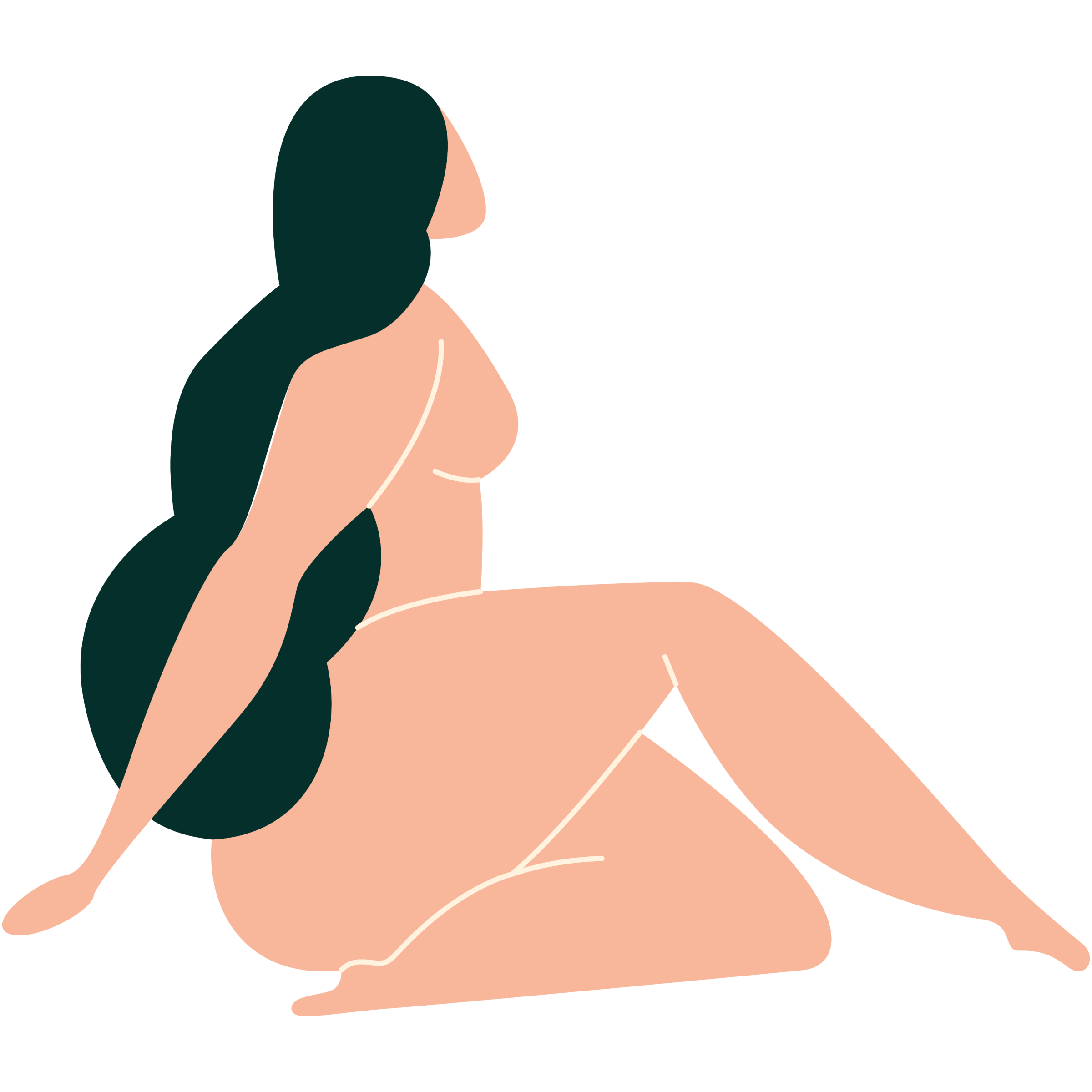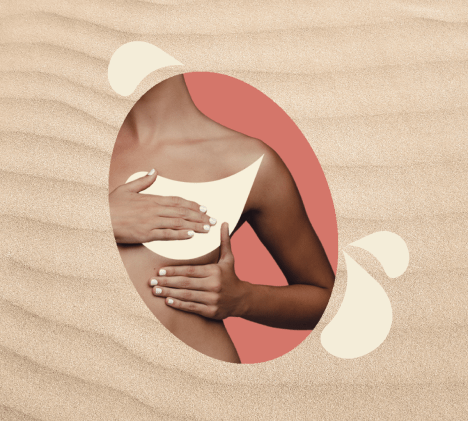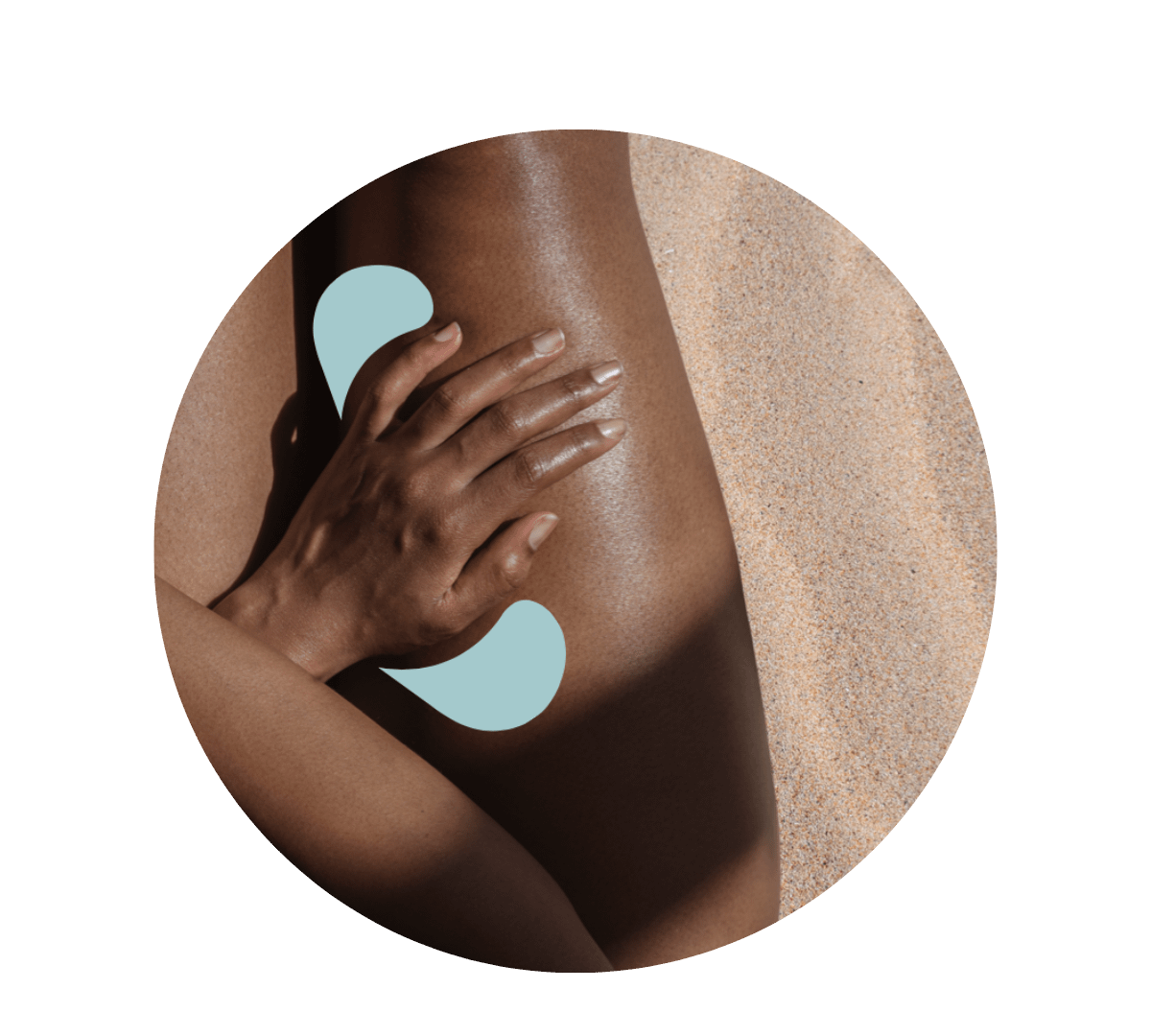
Body
Get to know your body through a better understanding of your anatomy and find the answers to some of your most common questions.
Back
All topics

4 resources

16 resources

5 resources

3 resources
Back
Back
All topics

16 resources

12 resources

12 resources

2 resources

Mauj Products
We’ve designed our products to help you explore your body, solo or otherwise. Whether you’re a curious novice or a seasoned explorer, this is for you.
Back
All topics

4 resources

16 resources

5 resources

3 resources
Back
Back
All topics

16 resources

12 resources

12 resources

2 resources

Mauj Products
We’ve designed our products to help you explore your body, solo or otherwise. Whether you’re a curious novice or a seasoned explorer, this is for you.

Vaginismus is a condition where the vaginal muscles involuntarily spasm, making sexual intercourse difficult or painful due to a fear of penetration. This often stems from psychological factors. For example, if we were raised to view sex as dirty, shameful, or painful, we might internalize these beliefs, leading to a fear of the act itself. Even if you have positive feelings towards your partner, these deep-seated fears can cause your body to tense up during penetration, making sex extremely uncomfortable.
If you want to learn more about the types, causes, and treatments of vaginismus, explore this resource.
In our conservative societies, where many of us have been raised to fear sex or to view it negatively, vaginismus is a common sexual concern for women. Couple that with the lack of education and conversation around sex and the result is a multitude of rarely challenged myths and misconceptions. Here are 10 of the most common ones.
Truth: Vaginismus involves both physical and psychological factors. It manifests as involuntary muscle contractions, but its causes can include psychological factors such as anxiety, fear, lack of sex education, or past trauma.
Truth: Vaginismus has nothing to do with the level of attraction to a partner. It's a reflexive response that can occur regardless of your feelings or desire.
Truth: Vaginismus can occur at any point, not just the first time. Some may experience it the first time they have sex, while others might develop it later due to various factors, such as trauma or changes in hormonal levels or life events such as childbirth or surgery.
Truth: Vaginismus affects the ability to have penetrative sex comfortably and pain-free, not your sexual desire or libido. Many with vaginismus still have a strong desire for sexual activity.
Truth: Vaginismus can affect those who are sexually active and have had pleasurable sex in the past just as much as it can affect those who are exploring their sexuality for the first time.
Truth: Sure, relaxing techniques may help, but you will have to treat the underlying cause to resolve the symptoms of vaginismus.
Truth: Unfortunately, vaginismus is one of the most frequent causes of non-consummated marriages, and of infertility, in Arab-Muslim societies.
Truth: Finding a supportive partner can help in managing vaginismus, but it's not a cure. Again, you need to work on the underlying cause.
Truth: Unfortunately, there's a possibility of recurrence, especially if triggered by stress, trauma, or new sexual health issues.
Truth: With appropriate treatment, many women with vaginismus can achieve pain-free penetration.
If you're grappling with pain during sex but aren’t sure if it's vaginismus, explore this resource that delves into potential physiological and psychological factors that may contribute to painful intercourse. Remember, seeking support and understanding is a crucial step towards reclaiming control over your sexual health.
Did you find the answer you were looking for? Is there something we missed? What did you think of this resource? We want to hear from you.



